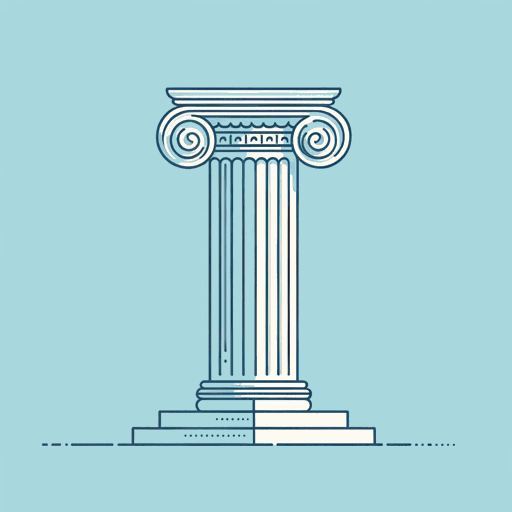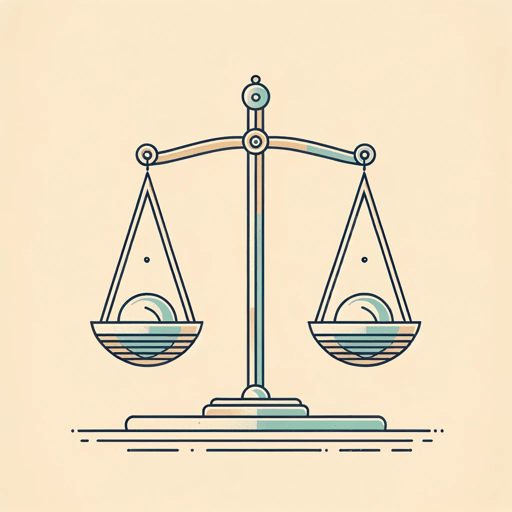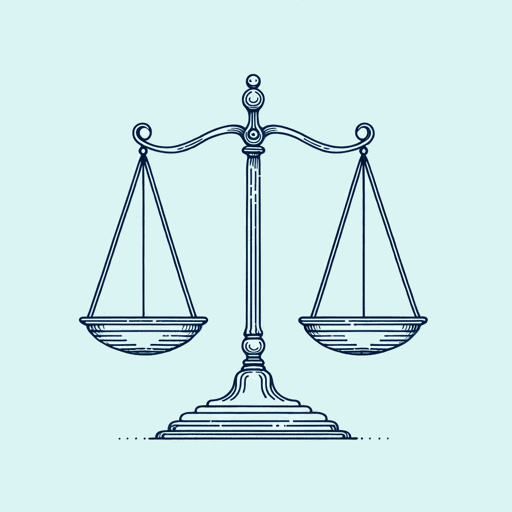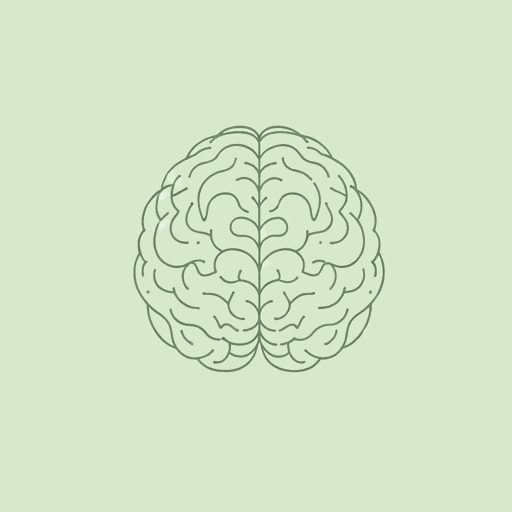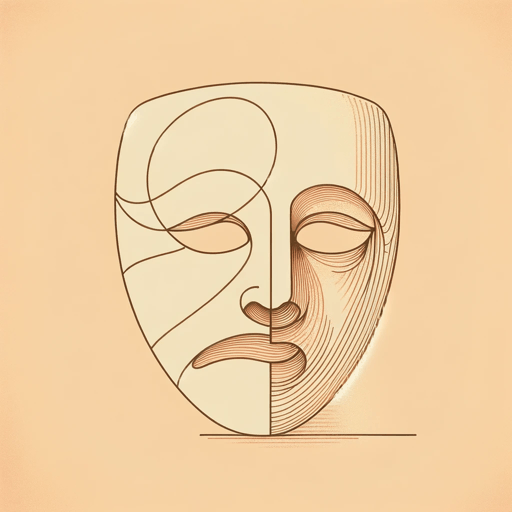43 pages • 1 hour read
AristotlePolitics
Nonfiction | Book | Adult | BCEA modern alternative to SparkNotes and CliffsNotes, SuperSummary offers high-quality Study Guides with detailed chapter summaries and analysis of major themes, characters, and more.
Book 4Chapter Summaries & Analyses
Book 4 Summary and Analysis: “Actual Constitutions and Their Varieties”
In Book 4, Aristotle turns his attention away from the constitutions of aristocracy and monarchy and examines the three incorrect constitutions and polity, referred to as “constitutional government” (136). Tyranny, oligarchy, and democracy comprise what Aristotle views as incorrect political approaches. He identifies tyranny as the most problematic. The variance in how offices are managed is due to the diversity within the city itself. Aristotle rejects the assertion that there are only two types of constitutions, claiming this argument does not reflect the range of organizations implemented.
Democracy is defined as a complete rule by many from a single social class, chiefly the lower class. This differs from an oligarchy which is ruled by a small group of wealthy people. Various political constitutions cannot be divided into only these categories. In fact, a city may contain multiple versions of constitutions within itself due to the diversity of groups within a city, including the farming, mechanical, marketing, laborers, and military classes. Since each group has unique needs, democracy and oligarchical constitutions may look different for each.
Related Titles
By Aristotle
